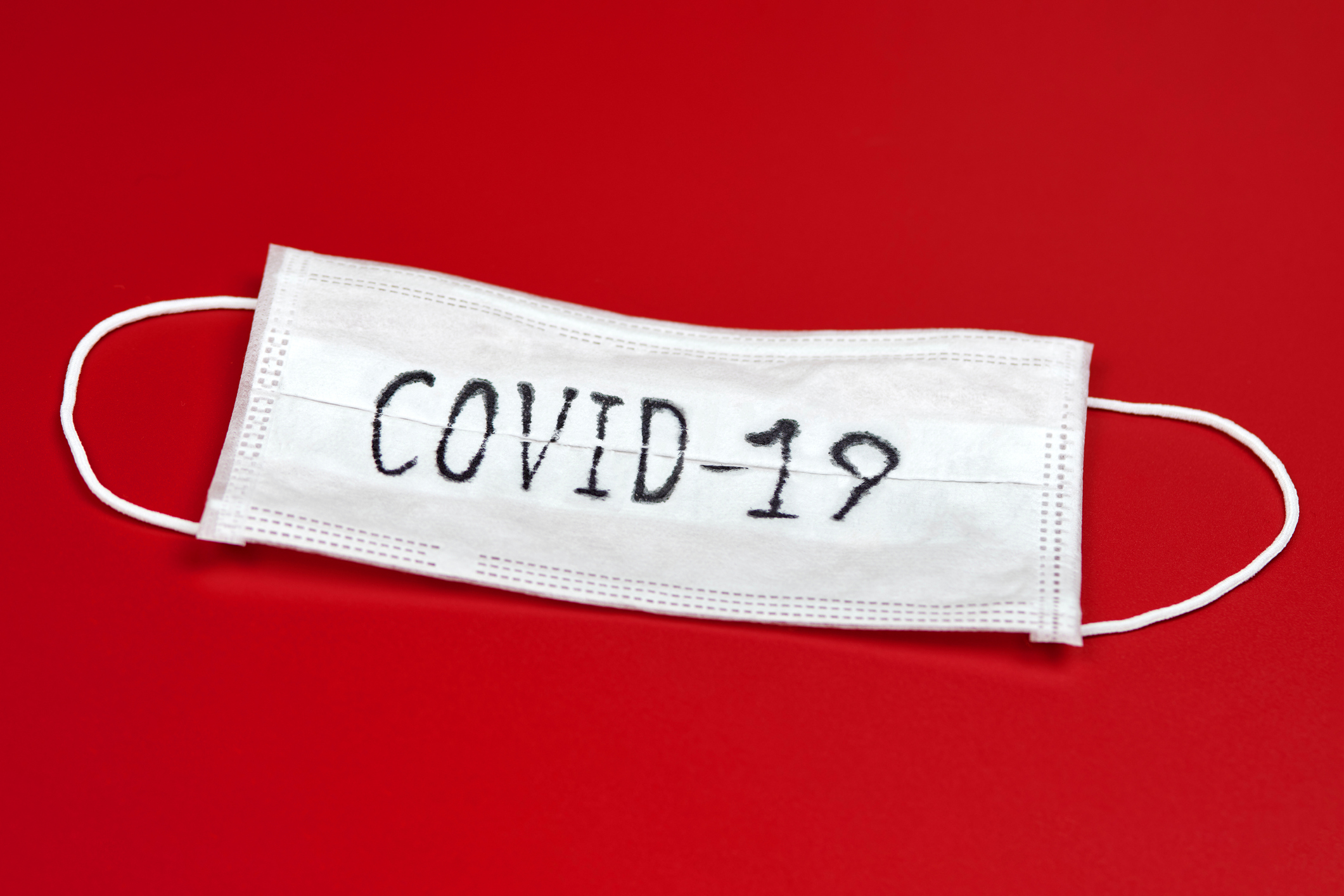As new cases of COVID-19 continue to be diagnosed across Europe, Asia and North America, the Centers for Disease Control and Prevention warns high-risk groups including older people and those with a severe underlying health condition like heart disease, lung disease or diabetes to avoid crowds and stay at home as much as possible.
Seniors can also protect themselves by taking precautions such as keeping a distance between themselves and others, refraining from shaking hands or embracing, avoiding people who are sick and washing hands often.
Although a run on Costco may not be warranted, it is probably wise to stock up on everyday household supplies and groceries in case of the need to remain at home for a period of time. Along the same line, make sure prescriptions have been refilled and that you have adequate stock of any over the counter medications you may take. Elderly adults who rely on a caregiver should have a back-up plan with friends and family should their carer become sick.
Elderly adults should seek medical attention immediately by calling their doctor if they develop symptoms of Coronavirus, which includes difficulty breathing or shortness of breath, persistent pain or chest pressure, new confusion, difficulty being woken up or bluish lips or face.
The CDC recommends that people avoid all non-essential travel to China, Iran, South Korea, and that older adults or those with chronic medical conditions postpone travel to Japan and use precautions travelling to Hong Kong. Anyone with underlying health issues should postpone any cruise ship travel, long plane trips or crowded places where infection can spread from person to person more easily. In Italy, where 16 million people are on lock-down, 83-year old Pope Francis live-streamed Sunday mass to prevent the spread of the disease.
Washing hands often with soap and water for at least 20 seconds or using an alcohol-based hand sanitizer that contains at least 60 percent alcohol can help stop the spread of illness. It is especially important to clean hands after using the bathroom, before eating and after coughing, sneezing or blowing your nose. Avoid touching your eyes, nose or mouth with unwashed hands.
Learn more about how Coronavirus differs from the flu by following this link to a recent Johns Hopkins Medicine Infections Diseases post.






Add Your Voice
0 Comments
Join the Discussion